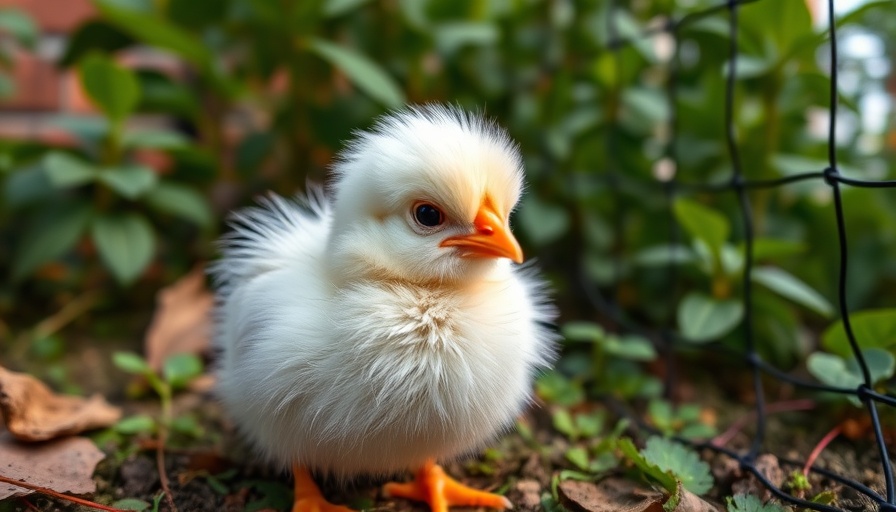
Understanding the Challenges of Orphaned Chicks
Orphaned chicks present unique challenges for both caregivers and avian veterinarians. These vulnerable birds require a specialized understanding of their developmental needs and health challenges. In many cases, chicks are abandoned due to nesting failures or parental neglect, often prompting individuals to intervene in their care.
Key Considerations for Raising Orphaned Chicks
Successful rearing of orphaned chicks requires a careful approach. Firstly, ensuring they receive appropriate nutrition is crucial. Formulas specifically designed for birds can mimic the natural diet, which is vital for their growth and health. Additionally, maintaining a stable temperature and a clean environment is necessary to prevent illness.
Common Health Issues and Treatments
Orphaned chicks are susceptible to various health issues, including malnutrition and respiratory diseases. An avian veterinarian can provide expertise in monitoring their development and administering treatments. Educating caregivers on early signs of distress can significantly improve survival rates.
The Importance of Veterinary Support
Regular check-ups with an avian veterinarian are essential for orphaned chicks. Not only can they help identify health concerns early, but they can also guide caregivers through the complexities of chick development. Establishing a relationship with a professional who specializes in avian health can be invaluable.
Final Thoughts: The Reward of Caring for Orphaned Chicks
Caring for orphaned chicks can be a rewarding experience. While it requires commitment and knowledge, the satisfaction of nurturing a young bird to health offers unparalleled joy. For those considering this endeavor, remember that veterinary support is a crucial part of ensuring the well-being of your feathered friends.
 Add Row
Add Row  Add
Add 




Write A Comment